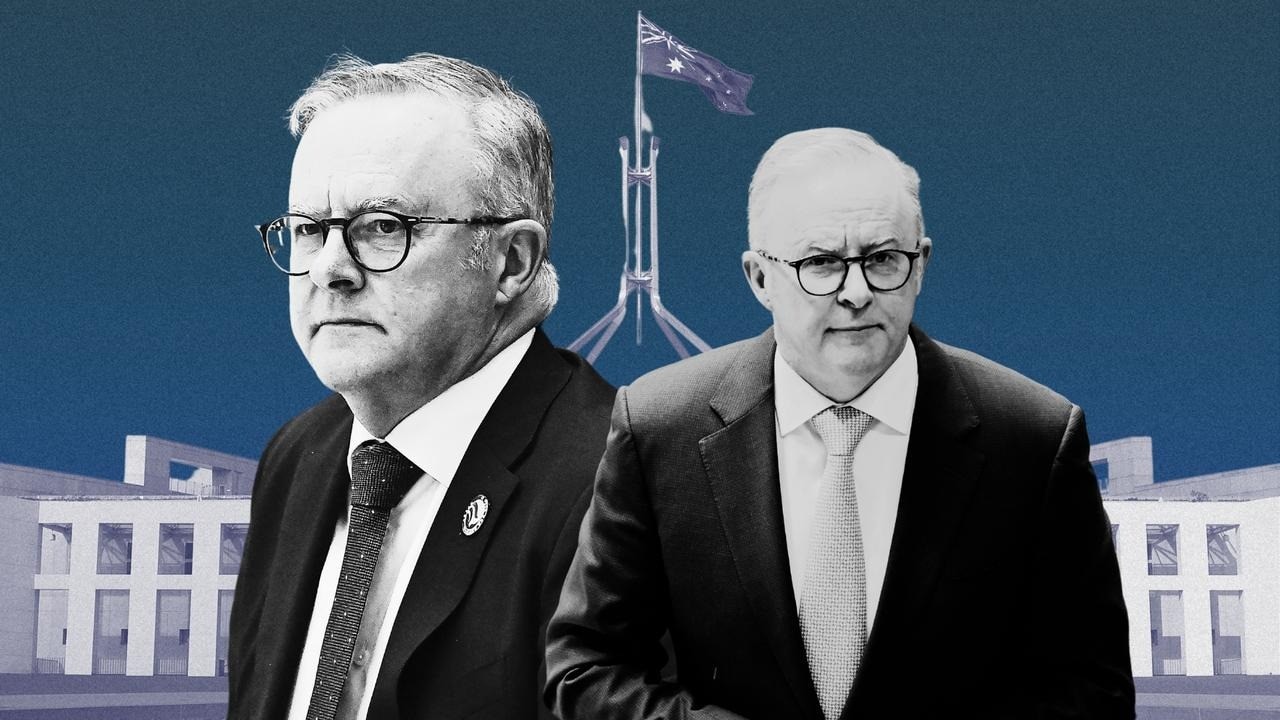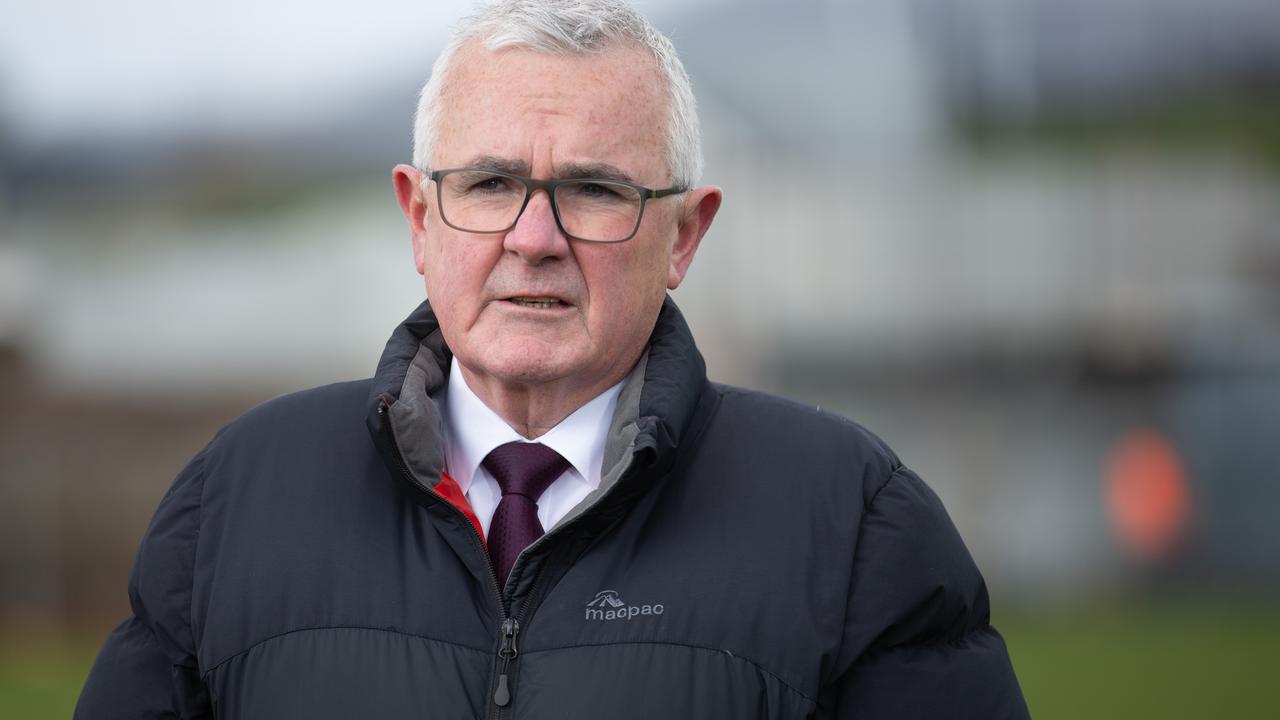Queensland election: Swords drawn in opportunistic duel
Make no mistake, Queensland’s state election is about to become a gladiatorial contest — not one of ideas or contending visions but of expedient positioning, opportunism and makeshift tactics.
Expect fireworks and passion over the next fierce and rancorous 26 days, gearing up in the last weeks of the campaign. Much is at stake; much is at risk.
With up to 25 seats in play (14 held by Labor and 11 by the LNP), both sides are competitive for the first time in a long while. The rapid-fire campaign will be crucial to the outcome. Almost certainly campaigning will change the dynamics as the contest proceeds, shaping the outcome.
Relatively unreliable and outdated polling indicates that Labor is trailing and facing real difficulties in its marginal seats (even those with up to 6 per cent margins). The LNP led in opinion polls taken earlier in the year but there is a danger that momentum may be waning.
Pork-barrelling has been rife for months, and more promises will be trickled out in the coming weeks. Sir Joh Bjelke-Peterson would be proud his legacy lives on; the political zeitgeist hasn’t changed.
New hospital facilities have been announced, wider roads indicated, more police funding offered, more nurses for regional areas is next in line — even “out-there” commitments, such as the floated Bradfield scheme to turn water backwards over the Great Dividing Range, may be made.
Premier Annastacia Palaszczuk has earned respect for her no-nonsense stance in the COVID-19 pandemic, tight border bans and social restrictions, but her government looks deflated, tired and mired in myriad controversies. With just a couple of exceptions, the ministry is the weakest Labor has assembled since 1989.
Opposition Leader Deb Frecklington has so far opted to play the long game, cautious, cool and relatively safe in her media forays, very selectively picking her targets to embarrass Labor. Although she has flip-flopped on a few things, most notably border lockdowns and reopening the economy, her unassuming profile may go down well with regional and outer-metropolitan voters and in key provincial cities along the eastern coastline.
However, the important question is: has she made the case for a change of government?
With unpopular former deputy ALP leader Jackie Trad sin-binned, Labor has clear air to conduct its campaign which should benefit the Premier, Treasurer Cameron Dick and her rising but somewhat naive deputy, Stephen Miles. By contrast, the Coalition frontbench needs to lift its profile and score some points on important policy issues and to distinguish the LNP from Labor.
Election issues are relatively clear: attitudes to the COVID restrictions especially in the regions that have been in lockdown despite no actual cases because Greater Brisbane has had a few infections stray in from interstate. Some regional centres beyond a four-hour drive from Brisbane have suffered enormously, with local tourism particularly hit until the past couple of weeks.
The entire Queensland economy remains fragile, with higher than average unemployment and youth unemployment or significant underemployment. Most Queensland households personally know of some younger unemployed persons who have little prospect of immediate work.
On the sidelines, but not to be underestimated in terms of preference flows, the minor parties have nuisance value. Katter’s Australian Party will likely retain the three seats it holds in north Queensland, but is unlikely to take any more.
One Nation is a spent force and will be lucky to hold its single seat of Mirani, although preferences back to the LNP may be crucial in many seats. I doubt it will finish in the top two as in 11 (Labor) seats in 2017.
Clive Palmer is, again, inexplicably, mounting a “faux” challenge, threatening to stand a somewhat concocted candidate in every seat. He has about 40 nominations, and his main intention seems to be to damage Labor.
The election will go down to the wire. It is not inconceivable neither major party will win an absolute majority. If so, a motley crew of mostly conservative crossbenchers could hold the balance of power for the third time in 25 years, and determine who forms government. A seemingly peculiar Queensland syndrome.


